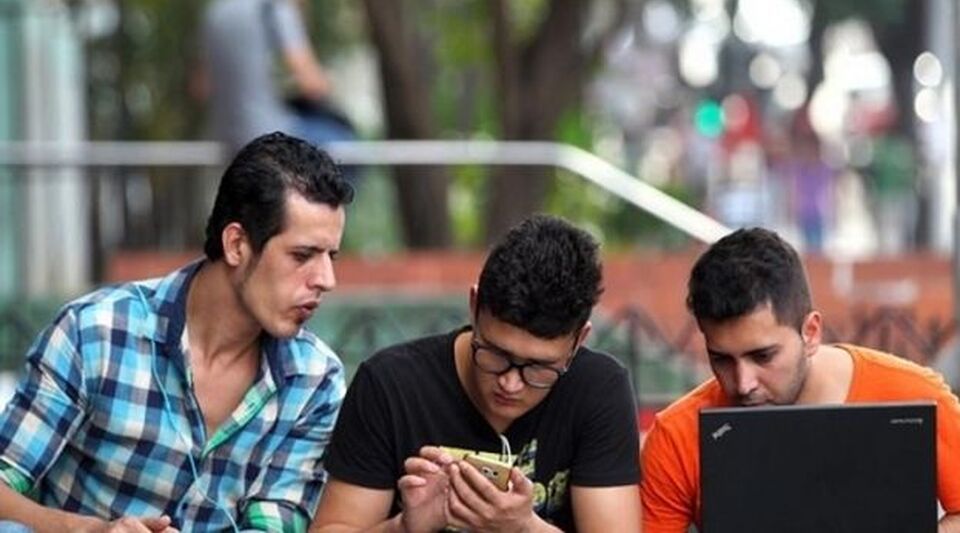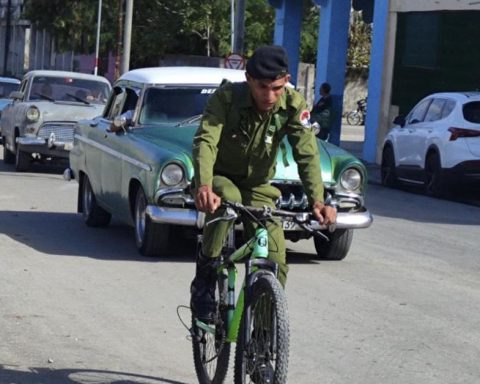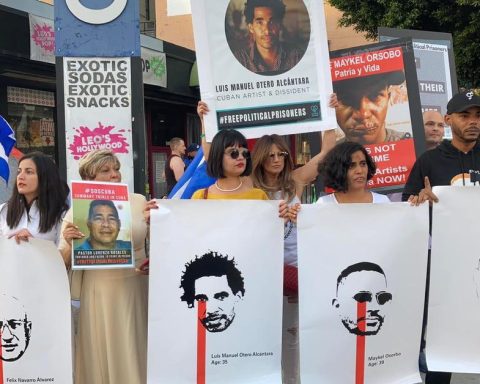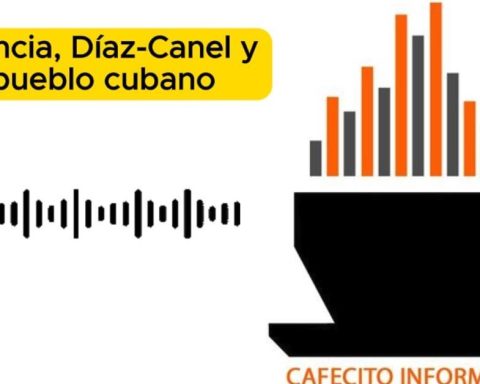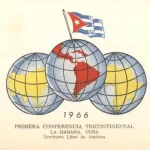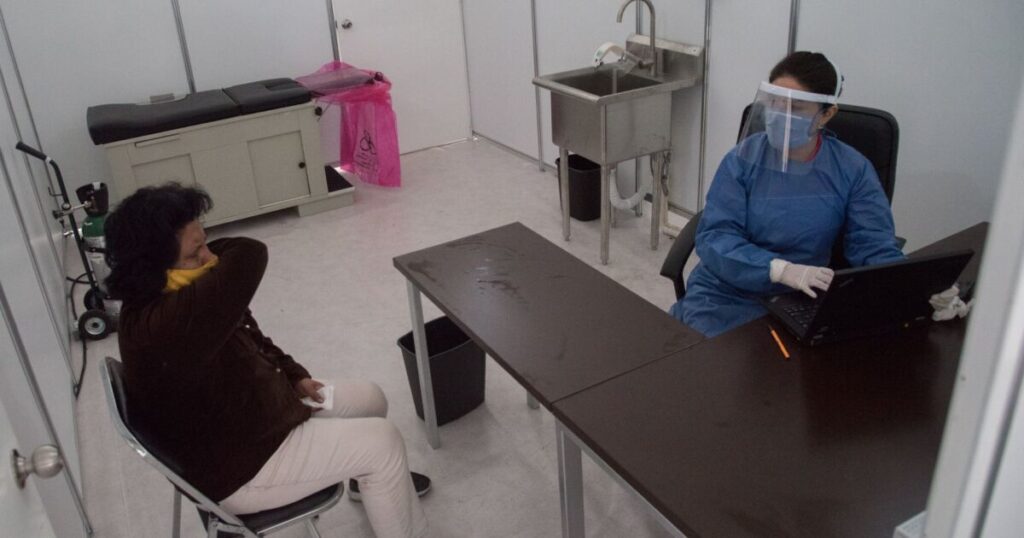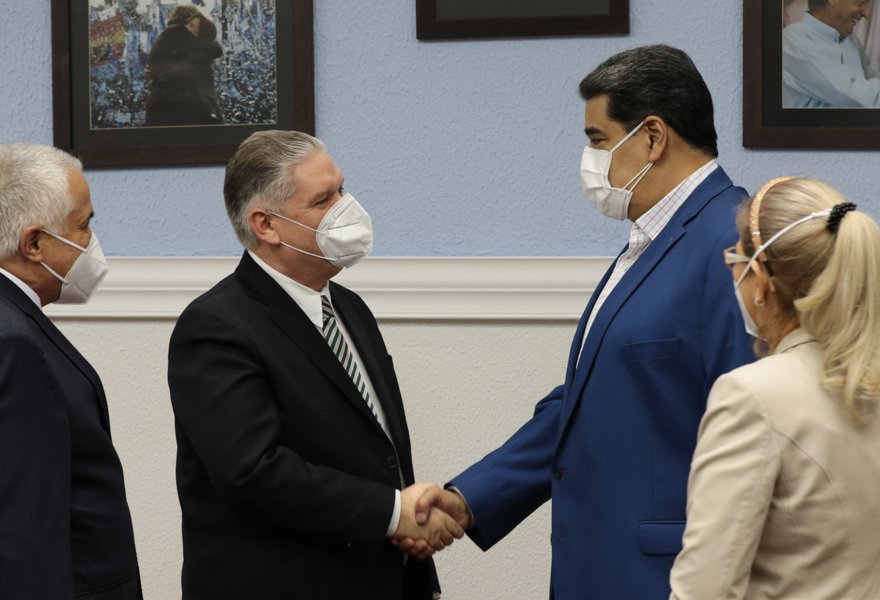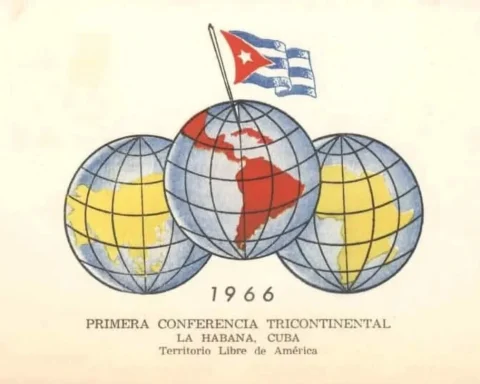With the publication this Friday of Law 149 on the Protection of Personal Data, which will come into force in February 2023, a set of regulations is made official that seek to guarantee respect for “personal and family privacy” and “honor and personal identity” of Cuban citizens.
The appearance of a legal body that regulates the treatment of private information, “by people or public and private entities”, continues to be controversial in a country like Cuba, where the State intervenes without scruples in conversations and databases to manipulate them in your favor in legal proceedings or as a method of surveillance.
This new legislation, based on articles 40 and 48 of the Constitution of the Republic, on “human dignity”, also addresses the existence of archives, information reservoirs and data storage on digital platforms, in addition to the “promotion “of a social culture of data protection.
published this Friday by official Gazette, Law 149 was approved on May 14 by the National Assembly and will enter into force within 180 days. Among the rights that, according to the text, it should guarantee, is the protection of data related to image, voice, identity, religious beliefs, immigration status and political affiliation, as well as medical, judicial and administrative information.
This new legislation also addresses the existence of archives, information reservoirs and data storage on digital platforms.
As the data is of a more sensitive nature, whoever requests it, be it individuals, companies or authorities, must clearly explain the reason to the citizen, in addition to guaranteeing its security and confidentiality. The holder, in addition, must offer his express consent, “freely and unequivocally”, so that his data is stored in any file, including governmental ones.
“The person cannot be forced to provide sensitive personal data, nor is its treatment lawful without the consent” of the owner, states the legislation in its article 16.1, unless “for reasons of general welfare, public order and interest of the defense and national security.
As for the Police and other authorities, Cubans have “the obligation to identify themselves” through their documents, but they do not have the right to demand “other information that is not reflected in said documents.”
Article 19, one of the most problematic for describing a habitual practice of some spaces and programs of the Cuban Information System, states that citizens “have the right not to disclose these [sus datos] and, consequently, to respect their personal and family privacy, their honor and personal identity, their own image and voice”.
The use of videos, fragments of conversations, photographs, names and other sensitive data as part of the regime’s propaganda spaces, exposed on National Television by journalists such as Michel Torres and Humberto López, is a flagrant violation of a right that existed even before the drafting of this law.
As has happened on other occasions, the National Assembly formulates laws as diplomatic tricks to clean up the image of the regime before international organizations
In its article 54, Law 149 adds that “the use of recordings of images and voice of people obtained from mobile phones, cameras, recorders and other similar devices, in no case can affect the rights protected in article 19.
This section also contradicts the practices of the Ministry of the Interior and State Security, which have systematically used, as legal evidence to hold trials after the July 11 protests, material from networks and personal devices.
Although the articles of Law 149 are introduced as guarantees for citizens, it is unlikely that they can be invoked against the Government during criminal proceedings. As has happened on other occasions, the National Assembly formulates laws as diplomatic tricks to clean up the image of the regime before international organizations, but it grants them little real value.
The document is full of formulas that, if invoked by the defense of someone whose right to privacy has been violated, ensure the impunity of the State. “Public order and the interest of defense and national security” will continue to be the alibis of the regime every time it needs to violate its own Personal Data Protection Law.
________________________
Collaborate with our work:
The team of 14ymedio is committed to doing serious journalism that reflects the reality of deep Cuba. Thank you for joining us on this long road. We invite you to continue supporting us, but this time becoming a member of our newspaper. Together we can continue transforming journalism in Cuba.
